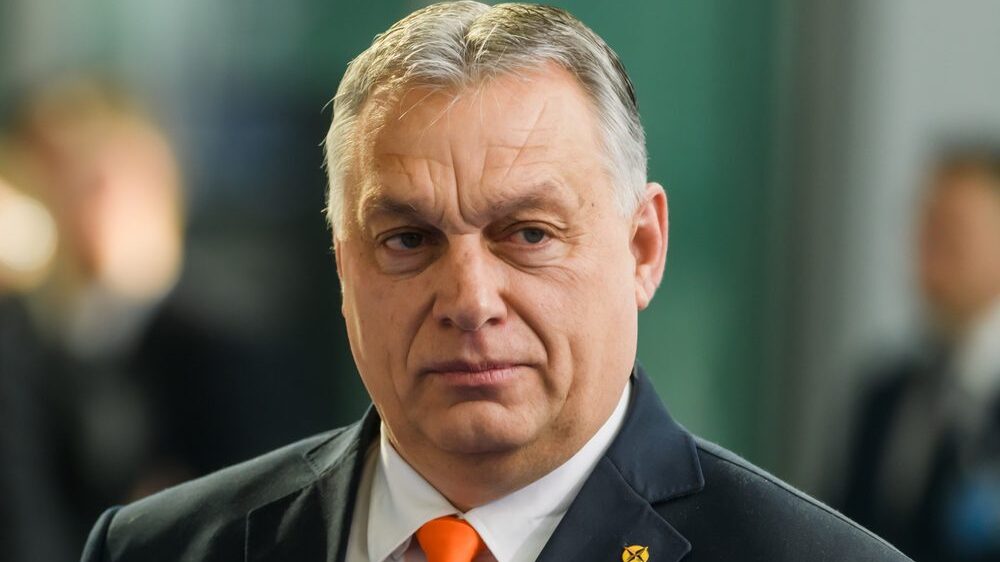
Hungarian President Viktor Orbán
Photo: Gints Ivuskans / Shutterstock.com
Amid a hard diplomatic offensive launched by the U.S. Embassy against the Hungarian government, Prime Minister Viktor Orbán reacted to this week’s happenings, including Ambassador David Pressman’s press conference where he announced sanctions targeting a Budapest-based bank.
During comments delivered in a Friday morning interview with Kossuth Rádió, the Hungarian Prime Minister stated, among other things, that Hungary—no matter the pressure exerted against them—cannot be forced into becoming a party to the conflict, arguing that the U.S. government, under the leadership of Joe Biden, is the primary supporter of the Russo-Ukrainian war.
While acknowledging that the United States is an important friend and ally to Hungary, the two countries have different views about the war in Ukraine, Orbán underscored, adding that the American-Hungarian friendship must endure this difference of opinion.
The U.S. and Hungary share basic values, like Christianity and the belief that freedom and a free market are necessary for peace and security, Orbán began. Therefore, he continued, everything is in place for good cooperation. At the same time, however, there is a massive division in the U.S., and if there is a Democratic president in power, cooperation becomes more difficult, while it’s easier when the Republicans are in charge.
The United States, thus far, has “not given up on its plan to squeeze everyone into a war alliance,” a move the Hungarian government—which is not supplying weapons to Ukraine and does not allow transport of weapons through its territory— would continue to resist, the prime minister stated.
Orbán also emphasized that while the U.S. remains a safe place, as it is thousands of kilometers from the conflict, the same cannot be said about Hungary and the Carpathian Basin. “We are right next door, and what happens in Ukraine immediately becomes a party of our lives,” he said. Meanwhile, there is “no safer place than America.”
As for Ukraine, at this point, it is an economically non-existent country, the prime minister emphasized, adding that the question now is whether we, the collective West, will continue to sustain Ukraine. As soon as the U.S. and EU decide to no longer finance the operations of the Ukrainian state, the war will immediately end, he said.
“Hungarian taxpayers also support Ukraine with very large sums [of money], and it is very bad [of Ukrainians] to constantly attack our minorities,” Orbán said, referring to the Hungarian minority in Transcarpathia.
Switching gears, the Hungarian prime minister went on to address the recently announced U.S. sanctions that target a Budapest-based bank and its executives.
“We have never agreed with sanctions but we don’t dispute others’ rights, including the United States, to impose sanctions,” he said, noting that the sanctions were not against Hungary but against Russia.
“Since the [outbreak] of the war, it’s been clear that the bank’s (IIB) possibilities were narrowing … and now that the Americans have placed it under sanctions, they effectively ruined it.”
The Hungarian leader also remarked on French President Emmanuel Macron’s recent comments on what he sees as the pressing need for Europe to develop strategic autonomy from the United States. “If Europe’s interests do not coincide with American interests, then this must be expressed,” Orbán said, adding that “[the Hungarian government] disagrees with Macron on several issues, but at least he has some ideas among European leaders.
